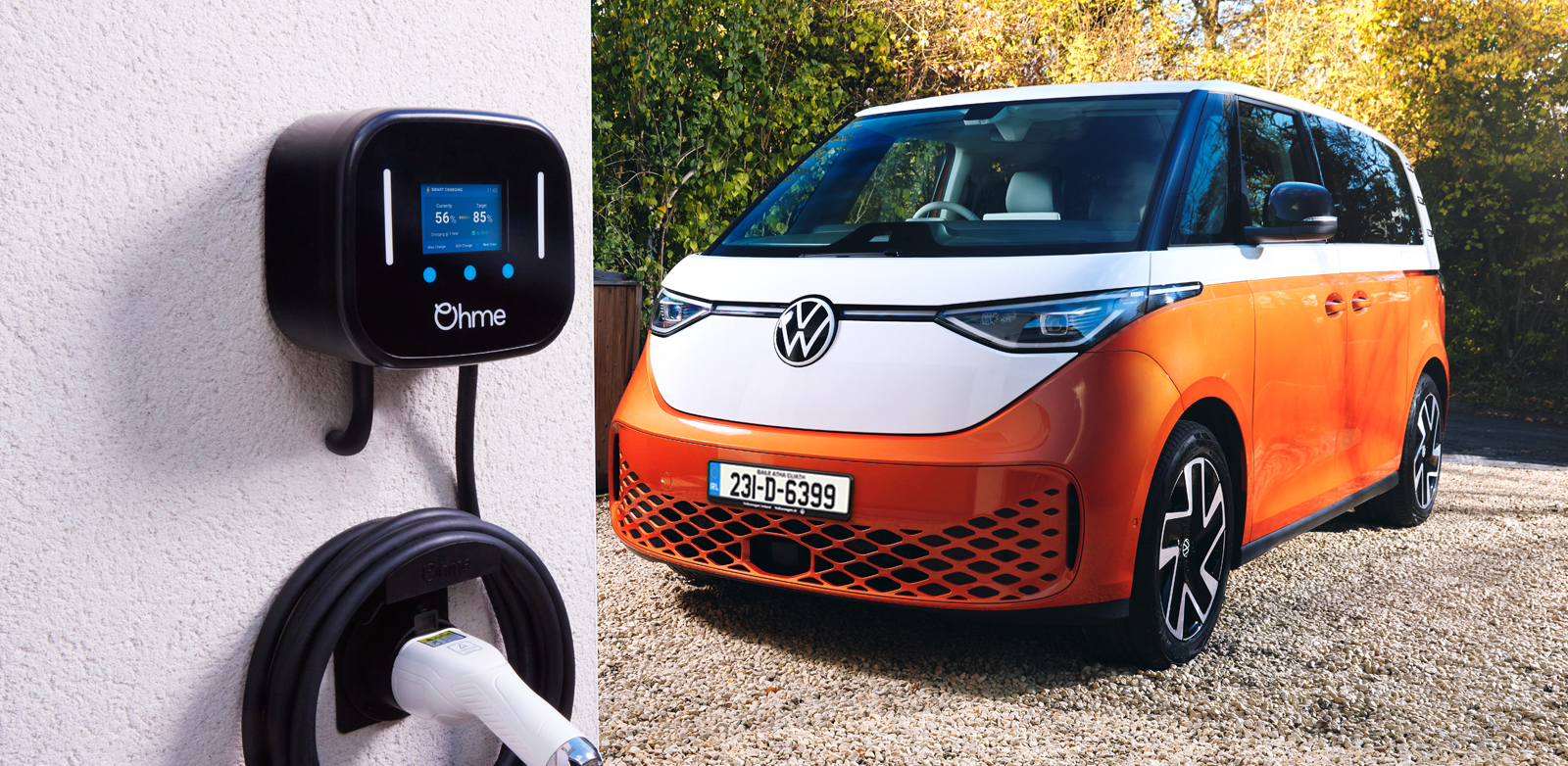What is kilometres/kWh on an EV?
Over the years of driving petrol and diesel cars, we’ve all got used to miles per gallon or litres per 100km as an easy reference to a car’s efficiency.
As we move towards electric cars, obviously that’s no longer possible. While petrol and diesel are sold and referred to in a liquid volume (litres), electricity is measured in kWh, so the efficiency of electric vehicles tends to be measured in kilometres per kWh usually shortened to kms/kWh.
As with petrol or diesel cars, how you drive your electric car can have a dramatic effect on its efficiency and while there are several factors under your control to limit the amount of power you use, others such as the outside temperature or the roads you’re travelling on are often out of your control.
As it suggests, the kilometres per kWh is a measure of the distance your car is averaging for each kWh of energy from the battery. A very general average is around 4.8-5.6, while some more efficient EVs might manage 6.4-8.0 kms/kWh or higher and some performance models or larger SUVs can be lower.
Generally speaking the larger the battery in your car, the longer the range of the car is likely to be. So the 35.5kWh battery in the Honda e is capable of 220 kilometres, while the Volkswagen ID.3 has a 77kWh battery with a 558 kilometre range. But it’s not just a case of putting a larger battery in to extend the range of an electric car. While batteries are getting more efficient, they also add weight and size, so manufacturers have to balance a useable range against the car’s weight. The heavier a car is, the more energy it takes to move that weight.
A larger battery isn’t necessarily more efficient either, which is why that kms/kWh average is a better indicator. So a car with a larger battery that’s less efficient could have the same range as one with a smaller battery that’s more efficient.
As electric cars gain more popularity, there’s no question that we will be become more familiar with kilometres per kWh and it will soon become as second nature as mpg or l/100km for petrol and diesel cars.
